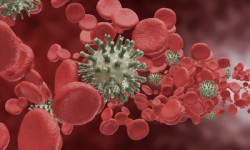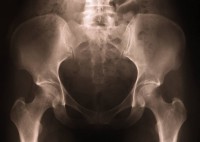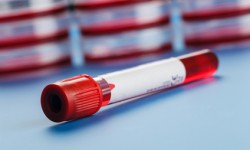
At some point in our lives, we will all have to go to the doctor. Most of these visits may be a routine trip for lacerations, bruises, sprains, breaks and other non-threatening conditions. But, there are times when deeper problems need to be addressed, like heart conditions, migraine headaches and reproductive issues, just to name a few, where the correct diagnosis might be in question.
Misdiagnosis and Cancer
Although not something that commonly occurs, sometimes other ailments or conditions mask cancer detection. Take the case of Samantha Beaven, a British mother of two, who had cancer symptoms mistaken for pregnancy complications. She eventually died because her cancer was misdiagnosed.
Lung cancer can sometimes be misdiagnosed as pneumonia, brain cancer can be masked by migraine headaches, and breast cancer can be mistaken for calcium deposits in the breast. Once again, these misdiagnosis are rare occurrences, but they do happen and this possibility is something you should be aware of whenever you are diagnosed with an important health issue.
CT and PET Scans
If you have any doubt that there is a possibility your condition has been misdiagnosed, insist on getting a CT or a CAT scan that will assist a doctor in determining the real issue behind your health condition. A radioactive tracer PET scan is also an alternative procedure that can be used alone or in conjunction with a CT scan.
For more information about cancer and its treatment, please go to our site at Issels® Immuno-Oncology. There you’ll find our up-to- date blog about cancer happenings in the world of medicine, and you’ll also find information on cancer vaccines, patient testimonials, statistics and the location of Issels clinics near you.





